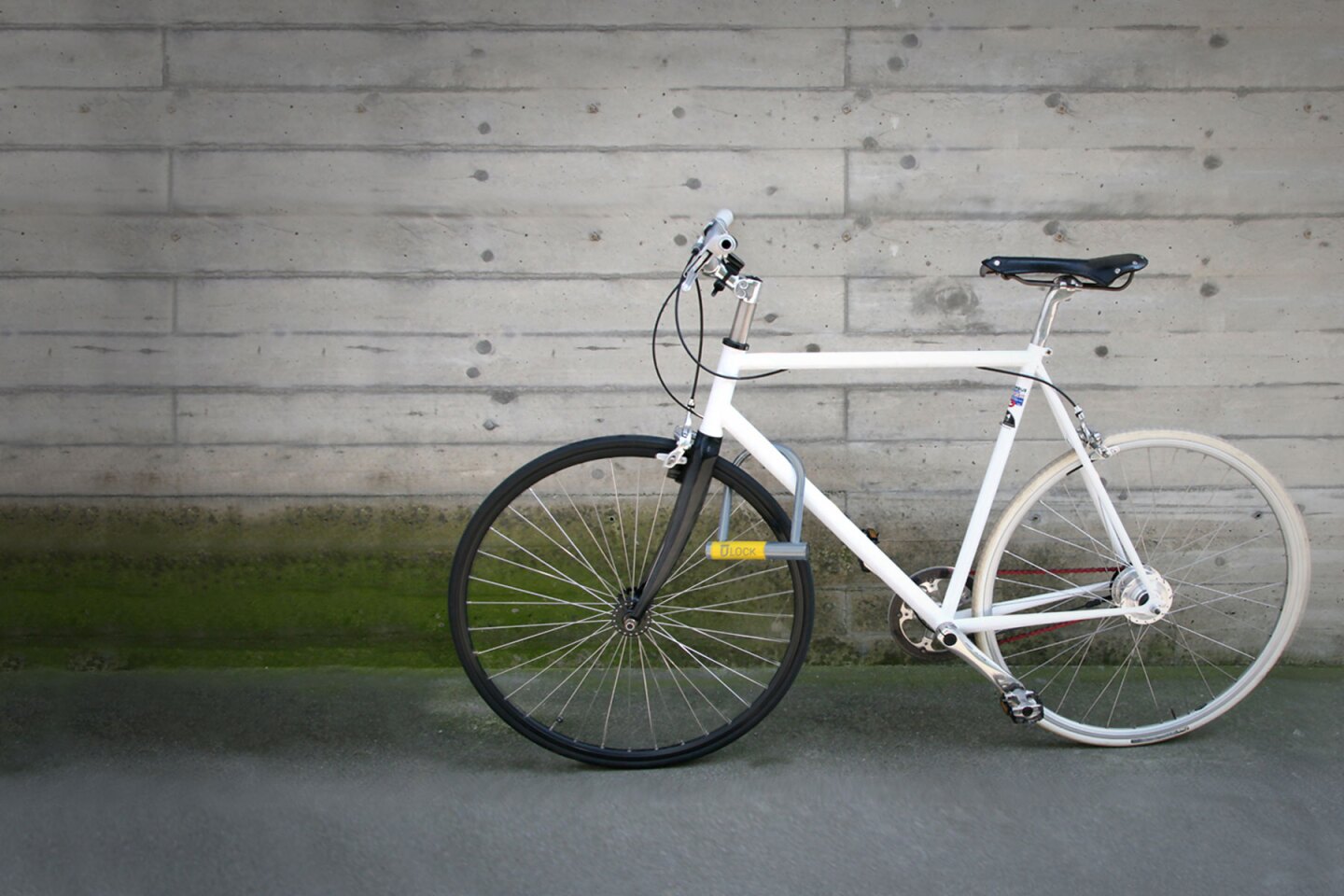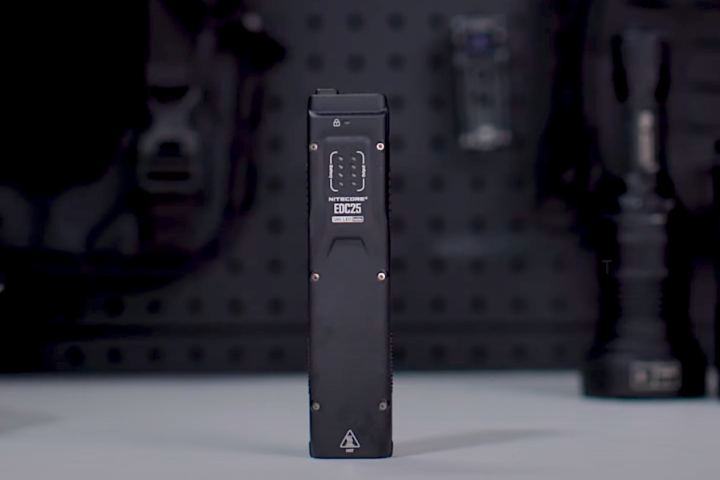Over the past couple of years, we've heard about two different bicycle U-locks – the Skylock and the BitLock – that can be unlocked via the user's smartphone. Both were the subject of successful crowd-funding campaigns, and both are now available for pre-order. When it comes to a product that's actually being shipped to buyers now, however, the imaginatively-named Ulock has just beaten them both to it.
Created by a team of Italian designers, the Ulock offers many of the same features as either or both of the two other locks.
Using Bluetooth 4.0 LE, it wirelessly communicates with a PIN code-protected app on the user's iOS or Android smartphone. In proximity mode, the Ulock will automatically lock itself when the user (and their phone) move more than 3 meters (9.8 ft) away, and unlock once they come back into range.
For added security, the user can instead choose to lock or unlock the Ulock by tapping an onscreen button. If they don't have easy access to their screen, they can also opt to unlock by knocking on their phone (activating its accelerometer) or by shaking the lock itself (activating its accelerometer). In the latter mode, the lock reportedly won't accidentally open due to road vibrations, plus it won't open if strangers shake it – as long as the user's phone isn't in range.
Additionally, the app shows users where the lock is located within a city map, so they can find their bike more easily when running errands. This feature can also be used to allow friends to locate and borrow the bike, if they're also running the app and have the user's PIN code.

The electronics are powered by an integrated battery that is claimed to last for approximately five years, or 25,000 lock/unlock cycles. Unlike the Skylock and BitLock, there's no physical backup system for unlocking if that battery dies, or if the phone's does. The lock does send a notification to the app when its battery is running low, letting the user know that a battery change will soon be required. They can also use a different mobile device to unlock it (in the case of a dead or missing phone), as long as that device is running the app.
The water-resistant lock itself is made from galvanized heat-treated C40 steel, and is silicone-coated to protect the bike from scratches. It's available now throughout Europe for €149 (about US$185) – there's no word on availability in other markets. For comparison, the Skylock and BitLock can be pre-ordered for $159 and $119, respectively.






